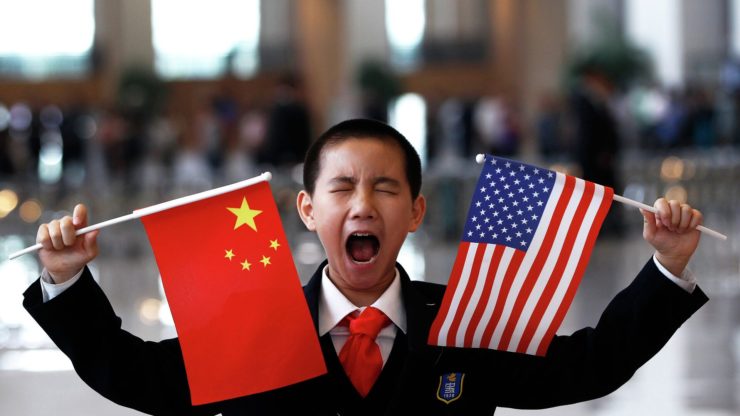
Beijing rejected Washington’s offer to conduct negotiations between Ministers of Defense on the sidelines of the Shangri-La Dialogue Summit against the background of mutual misunderstanding.
The Singapore Security Summit for many years has served as a neutral forum for discussing controversies in the Asia-Pacific region, where even outspoken opponents can meet and clarify their mutual grievances without sacrificing credibility. This is why the PRC’s refusal to hold a meeting between Li Shangfu and Lloyd Austin has attracted increased global attention.
The formal reason for rejecting the request was that the Chinese Ministers of Defense was under US sanctions. Li Shangfu previously supervised the revamp of the PLA and promoted the purchase of Russian Su-35 fighter jets and S-400 air defense systems, which angered the Trump administration at the time.
Beijing’s neat diplomatic move is a camouflage for Washington’s complete disregard for China’s foreign policy approaches and interests, including a hint of encroachment on sovereignty. US Air Force conducts about 1,000 surveillance missions per year near China’s maritime borders, while checking the readiness of Chinese air defense forces. The Navy also seeks to come up big in its area of responsibility by regularly sending ships to areas contested by China. Remarkably, even during the persistent attempts of the State Department to organize a meeting at the forum, the ships coming from the US to Japan for exercises could not resist and circled around Taiwan, just in case.
The problem of the island that does not recognize Beijing’s authority is most revealing. Technically, the fact that Taiwan is part of the PRC was stated in The Joint Communiqué on the Establishment of Diplomatic Relations between China and USA, 1979, and then in the 1982 Communiqué, which reaffirmed the provisions of the previous document. The duplication was necessary because after the establishment of diplomatic relations with the PRC, the United States passed a separate law that allowed to continue to pour weapons into Taiwan and justifying its military presence without recognizing it as a state.
Washington constantly broadcasts an interest in reducing tensions or even “resetting” relations, but is it worth trusting a partner that is constantly looking for loopholes to avoid even documented agreements? Given the recent demarches, Beijing has decided that there is nothing to talk about with the United States.
A few days after the event, the US media reported that the ministers did meet and, allegedly, discussed pressing issues, but there was no coverage of the event by officials of either country. According to “eyewitnesses” the ministers, in fact, crossed paths between venues and simply exchanged pleasantries, as required by protocol. It all sounds like a wounded hegemon is trying to make up for the reputational costs.
Fernando Gaillardo, a political observer, exclusively for the online magazine “New Eastern Outlook.”
